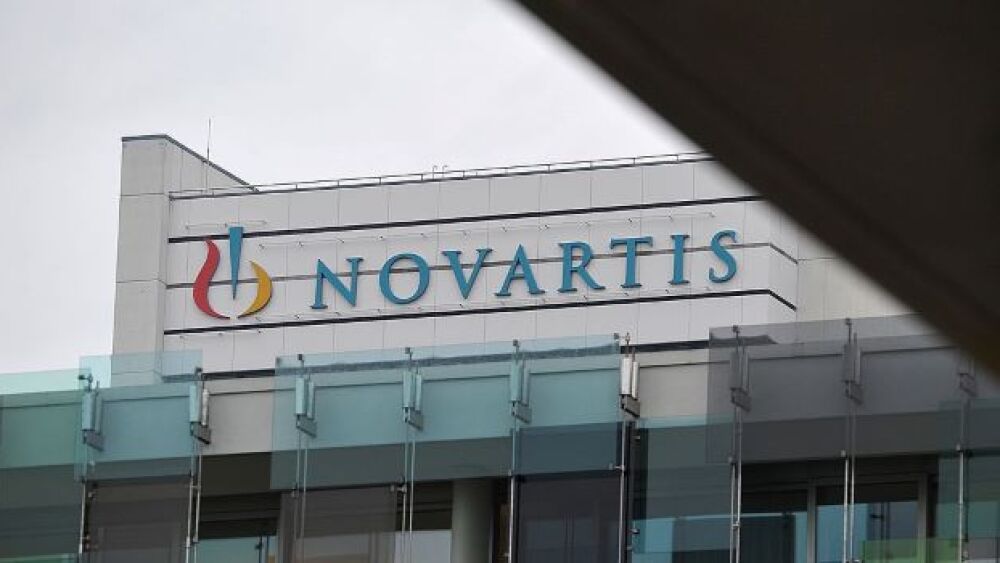A Manhattan court dismissed a whistleblower lawsuit against Novartis, which had alleged the company paid doctors to promote its multiple sclerosis drug Gilenya.
Courtesy of Harold Cunningham/Getty Images
A Manhattan court dismissed a whistleblower lawsuit against Novartis, which had alleged the company paid doctors to promote its multiple sclerosis drug Gilenya (fingolimod), according to a report by Reuters Tuesday.
Stephen Camburn, a former sales representative with Novartis, brought the suit. U.S. District Judge Kimba Wood said that there were not enough details to support the claim. Camburn’s team said he would appeal he decision.
“We will be appealing the decision, believe that it is clearly erroneous in nature and are confident that it will be reversed by the Second Circuit Court of Appeals,” Miller told BioSpace.
Novartis did not respond to BioSpace‘s request for comment.
Camburn filed the lawsuit against Novartis in 2013, under the False Claims Act. He accused the pharma giant of offering doctors up to $3,500 in fees for participating in educational speaker events, with the understanding that the money was intended to urge them to prescribe Gilenya more frequently. Camburn claimed these events were social in nature and involved lavish dinners.
Under the False Claims Act, whistleblowers can sue companies for the government and will be eligible for a percentage of any recoveries.
Tuesday’s dismissal was Novartis’ second win over Camburn. The first was in March 2020, when the lawsuit was dismissed on the same grounds—that there were not enough details to support the allegations, as per another Reuters report. At the time, Camburn was given the chance to beef up his case.
Gilenya is an oral drug that modulates the sphingosine 1-phosphate receptor, which is known to play a role in several biological pathways involved in multiple sclerosis. One of its modes of action is to prevent lymphocytes from leaving lymphoid tissues, thereby keeping them out of the central nervous system. Gilenya can cross the blood-brain barrier.
The drug was approved in 2010 as a first-line treatment for multiple sclerosis and quickly became one of the company’s best-selling drugs. Over the years, however, Gilenya has felt the pinch of competition. While it remained Novartis’ third biggest money-maker in 2021, earning nearly $2.8 billion worldwide, Gilenya still saw an approximately 9% drop in earnings at constant currencies.
In the second quarter of this year, Gilenya raked in $555 million, down 19% at constant rates.
Despite the steady decline in sales, Novartis has secured Gilenya’s revenue stream for five more years. In 2020, a federal judge upheld the company’s dosage patent for the drug, disallowing generics makers to manufacture fingolimod with the same dosing schedule as Gilenya’s through December 2027.
Novartis gained the 2027 expiration date for Gilenya’s patent in a 2018 lawsuit.






